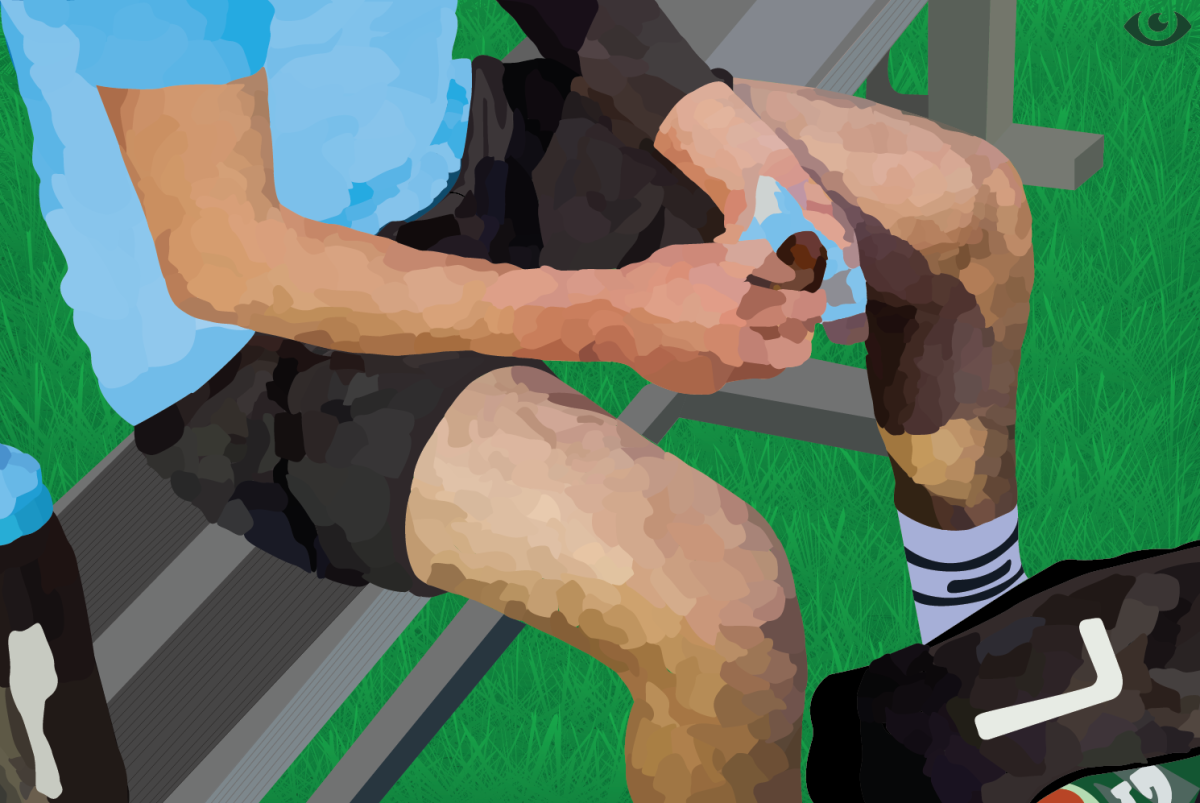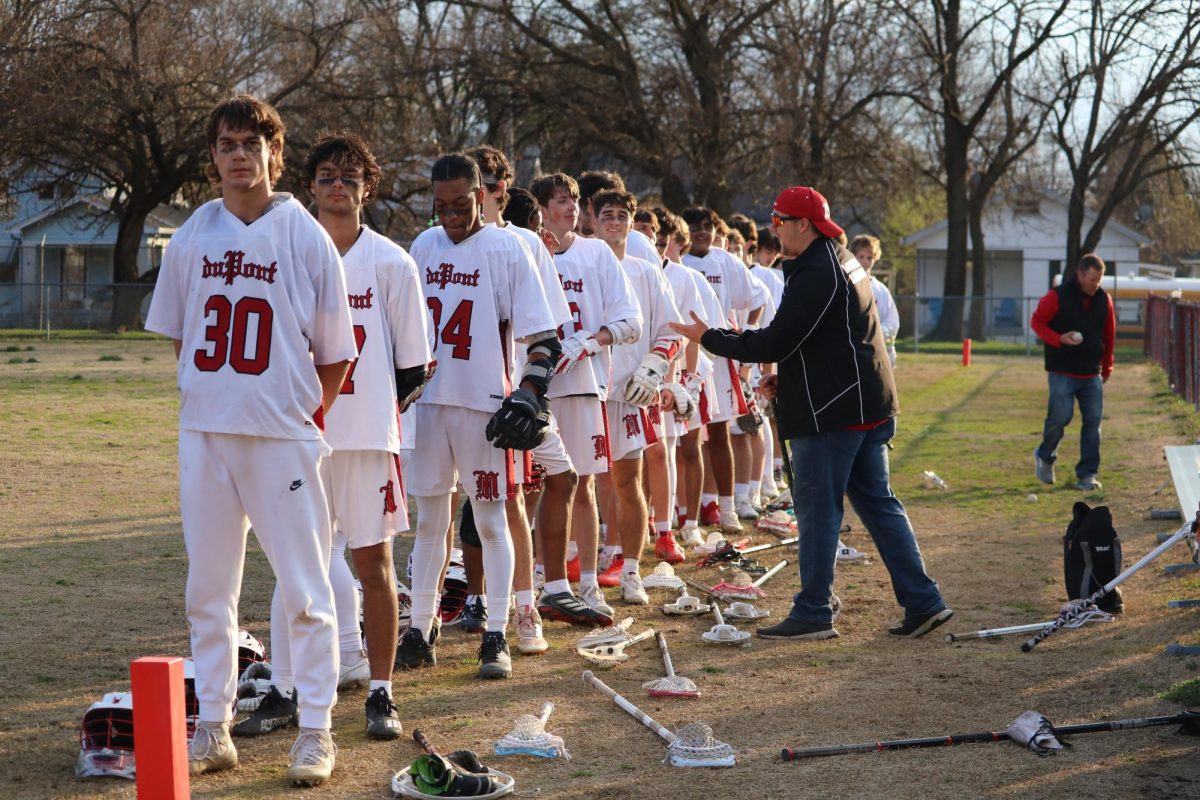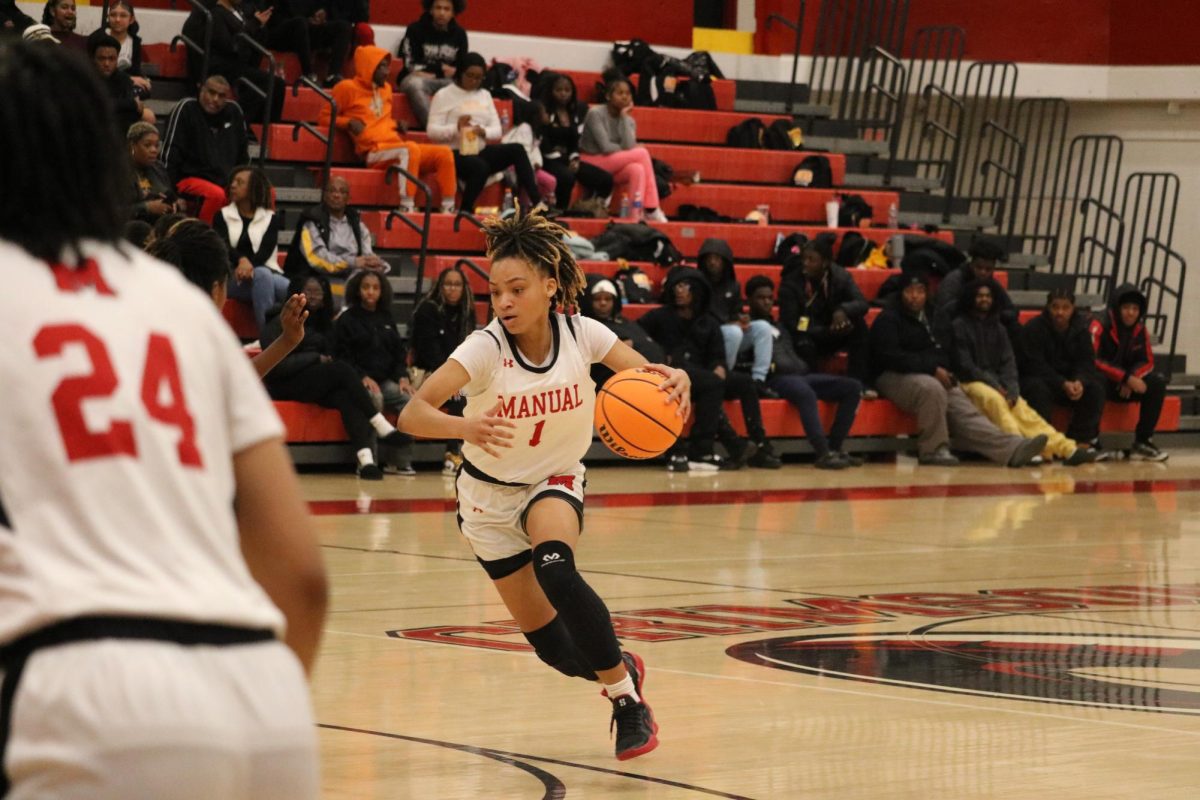For Muslim athletes around the world, the holy month of Ramadan presents both a spiritual opportunity and a physical challenge. Fasting from dawn to sunset, while handling intense training schedules, requires resilience and careful planning. Yet, for many Muslim athletes, Ramadan is a time to not only grow spiritually, but also demonstrate discipline and perseverance on and off the field.
Ramadan, the ninth month of the Islamic calendar, is marked by fasting, prayer and reflection. Muslims abstain from food and drink from sunrise to sunset, beginning their fast with a pre-dawn meal, suhoor, and breaking it with a post-dawn meal, iftar. This religious observance, which is one of the Five Pillars of Islam, is embraced by millions of Muslims worldwide.
Those millions of people include athletes who manage the challenging aspects of their sport during this period. For these athletes, the physical challenges of fasting are met with strategies for energy conservation and recovery, and often, their faith propels them through the most demanding moments.
At Manual, Muslim athletes Nasra Attum (9, YPAS) and Laila Hassan (10, MST) exemplify this balance between spiritual devotion and athletic commitment. Attum feels the physical toll of fasting while practicing dance that demands constant movement and energy. Despite the difficulty, she relies on a healthy, pre-dawn meal to fuel her throughout the day.
“It impacts me a lot because I experience dehydration. I can’t drink water during the day, and I sweat a lot during dance… I like to have something healthy at suhoor, like a yogurt bowl with granola, fruit, and nut butter. It helps keep my energy up,” Attum said.
While fasting can strain her physically, Attum feels fortunate to have supportive dance instructors who allow her to step away for brief breaks if needed. The understanding of her teachers during Ramadan is vital to managing both her faith and passion for dance.
Similarly, Hassan, who is in the Math, Science, and Technology program and a lacrosse player, embraces the challenge Ramadan brings. For her, fasting is an act of discipline that extends beyond her physical capabilities. While she admits that fasting makes her feel more fatigued, she focuses on the mental strength that comes with it.
“There are always hardships in anything you do… if you don’t think about the fact that you’re hungry and tired, you just don’t feel it as much,” Hassan said.
Hassan emphasizes the importance of balanced meals, especially during suhoor and iftar. She also echoes the need to stay hydrated and nourished.
“I usually have strawberry yogurt with granola and a lot of water,” Hassan said.
Both athletes agree that support from teammates and coaches can make a difference. Hassan feels that while her peers are understanding, there’s room for more awareness about what fasting entails, particularly from coaches.
“It’s not that they’re against it—they’re just not very knowledgeable about what fasting involves,” Hassan says.
Though some may not comprehend the demands of fasting, those who are familiar with it tend to provide more thoughtful and intentional support. This understanding often leads to small but impactful gestures, like adjusting practice routines or offering words of encouragement, which can make a significant difference for athletes observing Ramdan.
Ibrahim Piracha (12, MST) highlights how fasting provides a deeper sense of purpose during sports.
“Playing while fasting is obviously very difficult, but it gives you a sense of pride knowing you’re doing it for God. It teaches you self-discipline, which gets you far in life,” Piracha said.
Despite the challenges, both Attum and Hassan cherish the spiritual aspect of Ramadan. Attum reflects on how fasting deepens her sense of humility and gratitude, while Hassan focuses on the personal responsibility that comes with observing Ramadan.
“No one is forcing you to fast—it’s a personal commitment,” Hassan said.
For young Muslim athletes, balancing faith and athletics during Ramadan can also involve pushing back against stereotypes. Hassan notes that misconceptions about Muslim girls in sports persist.
“There’s a stigma that Muslim girls aren’t athletes, but you don’t have to combat that with words—you just prove them wrong physically,” Hassan said.
Their advice for other Muslim athletes during Ramadan is practical and encouraging. While Attum emphasizes the importance of nutrition, Hassan offers reassurance:
“Wake up early and have a balanced meal with a lot of water,” Attum said.
“If you can do it without fasting, you can do it with fasting. It’s possible,” Hassan said.
For these young athletes, Ramadan is more than just a test of endurance; it’s a month of reflection, discipline, and inner strength. Through their sports, Attum, Hassan and Piracha demonstrate that faith and physicality can coexist, each fueling the other in unexpected and empowering ways. Ramadan may present its challenges, but for these athletes, it is a powerful reminder of their resilience—both on the field and in their spiritual journey.











